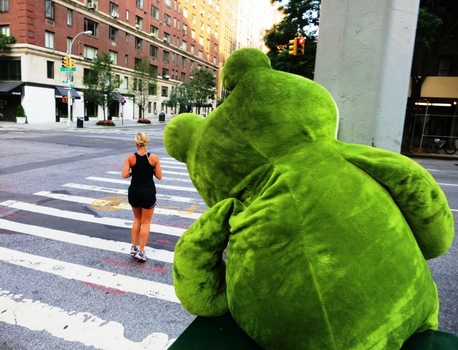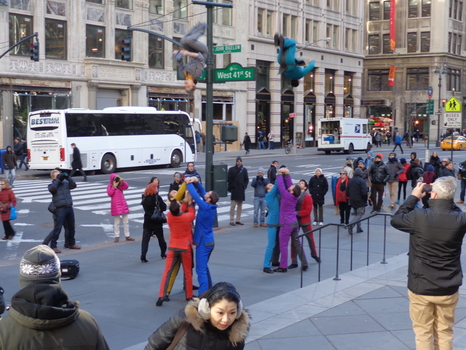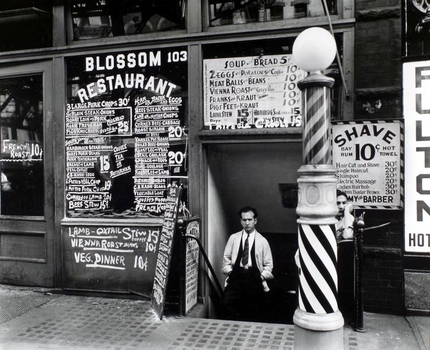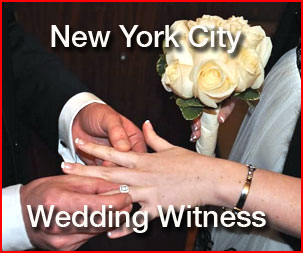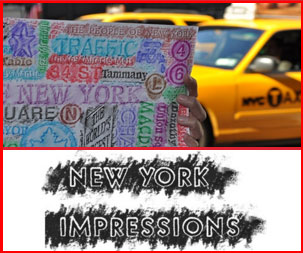Before this year, I’ve never spent the holidays in NYC, being that my family is from out of town. However, plenty of my childhood memories abroad are related to the city through timeless Christmas films like Home Alone and Elf. So perhaps it’s no wonder that this season I was in the audience to see A Christmas Story, the Musical! based on the “classic” American holiday film by the same name.
Though this musical is set in Indiana, there’s something especially New York about it being brought to life on Broadway by a team of amazing producers and creators, among them standout composer Benj Pasek and standout lyricist Justin Paul. I must admit I was both excited, as a fan of Pasek and Paul’s work from Day 1 back at the University of Michigan. I was also apprehensive–as the film wasn’t one I considered truly deserved to be known as “classic.”
Perhaps because while watching it as a kid, the story hit too close to home. Ralphie, the main character is severely bullied during the film and this climaxes in a moment of blood violence. This violence is but a moment in the long journey toward his getting a Red Ryder toy gun for Christmas. But I never got beyond watching this point in the movie, knowing too well what it felt like to be in an after school scuffle.
Though these days I’m much tougher, I was delighted to not have flashbacks to those moments in my life while watching the musical. On the contrary, I was reminded of all the moments I somehow summoned courage to confront any of life’s many bullies, be they personal or professional.
Perhaps that’s why my favorite number in the show, “Ralphie to the Rescue,” seemed to explode off the stage in front of me when performed by the dozens of children in the cast. The song (which has a very memorable chorus) tells the tale of Ralphie in the role of the Red Ryder action hero he so adores, saving his teacher from evil Black Bart, saving himself. I took from this song and the story overall a sense of the courage we learn to muster as kids and must apply again and again as adults.
I walked out of the theater empowered to slay fear with my Red Ryder courage, and went in to teach at Rutgers University the next day. While on campus, I walked through the halls to my classroom passing students wondering whom amongst them was bullied, or was the bully, and where they find courage today.
Rutgers was the site of the suicide of Tyler Clementi whose privacy was invaded by his roommate and another student when they secretly filmed him having sex with another same sex peer and then shared it with others. But I had forgotten this by now, the name of this victim, like others before it, fading quickly into the gray of the newspaper headlines where they made their debut into the national conscience.
It’s terrifying how this happens, selfishly distracted by our less important day-to-day worries, and so used to stories of violence in the media that a year or more later the names and faces of the victims fade away, except to those who knew them well.
That day, after going on and on about the musical, I challenged the students to write a persona poem, like Patricia Smith’s famous work Skinhead, in the voice of someone they considered to be “the opposition.” It was a lesson in writing human nature even when it’s contrary to your own. The next class a student turned in her poem entitled, “Homophobe.”
“Oh my God,” I thought, taking the Lord’s name, as my grandmother would say, as I read through drafts of her poem in the voice of an evangelical church boy condemning homosexuals, inspired by an encounter with a religious person she’d met on campus.
“My, my,” I wanted to say, “what courage.” But though strong, the poem still lacked true power; the voice was missing a sense of forgiveness.
“It’s good, but it’s flat,” I said, then told her about an evangelical homophobic roommate I had in college who assumed so much hate in a misguided attempt to, as he saw it, love the Lord even more deeply. I told her that though my experience of this roommate’s faith was primarily through his homophobia, my former roommate’s homophobia was a part of his long “walk with Christ.”
Rumor has it my roomy eventually came around (and may have actually come out), but I told her, “navigating the space of a character’s hate doesn’t mean you let it into yours.” She need not fear surrendering her strong stance against him when finding “the root of his politic in a humanity we all share.”
I told her about Ralphie defending himself and his teacher from Bart but also letting him go in the end, and how proud I was that she was standing up to this bully in her life by writing this poem. But instead of writing in a voice that ridicules the homophobe, she needed to forgive him, that the key to change was to understand. And that this would take the most courage, that this was how she’d let go the pain his hate had caused her.
And then it came, her tears and a new draft. She wiped her face and apologized for crying, but I told her, this was the power of poetry at work, power she used to summon enough courage take a stand.
She didn’t need a toy gun like Ralphie, just her pen. And that’s when I understood why this was regarded as classic American story, and so cherished; it’s not about violence, but about hope – standing up to the bully, and never giving up on your dream, be it for a toy at Christmas or acceptance. And it’s hope for change that now keeps my student’s name, and Tyler Clementi’s in mind every time I support anti-bullying efforts in schools.
My student plans to come out to her community over the holiday break. I’m so proud of her courage. Yes, this is a bit of a Jersey story, but what a great first Christmas story in NYC as for me the Broadway musical emphasizes courage in ways the movie never quite does right. If you haven’t seen it yet, check out the show and share with us your own Christmas Story. ‘Tis the season.


